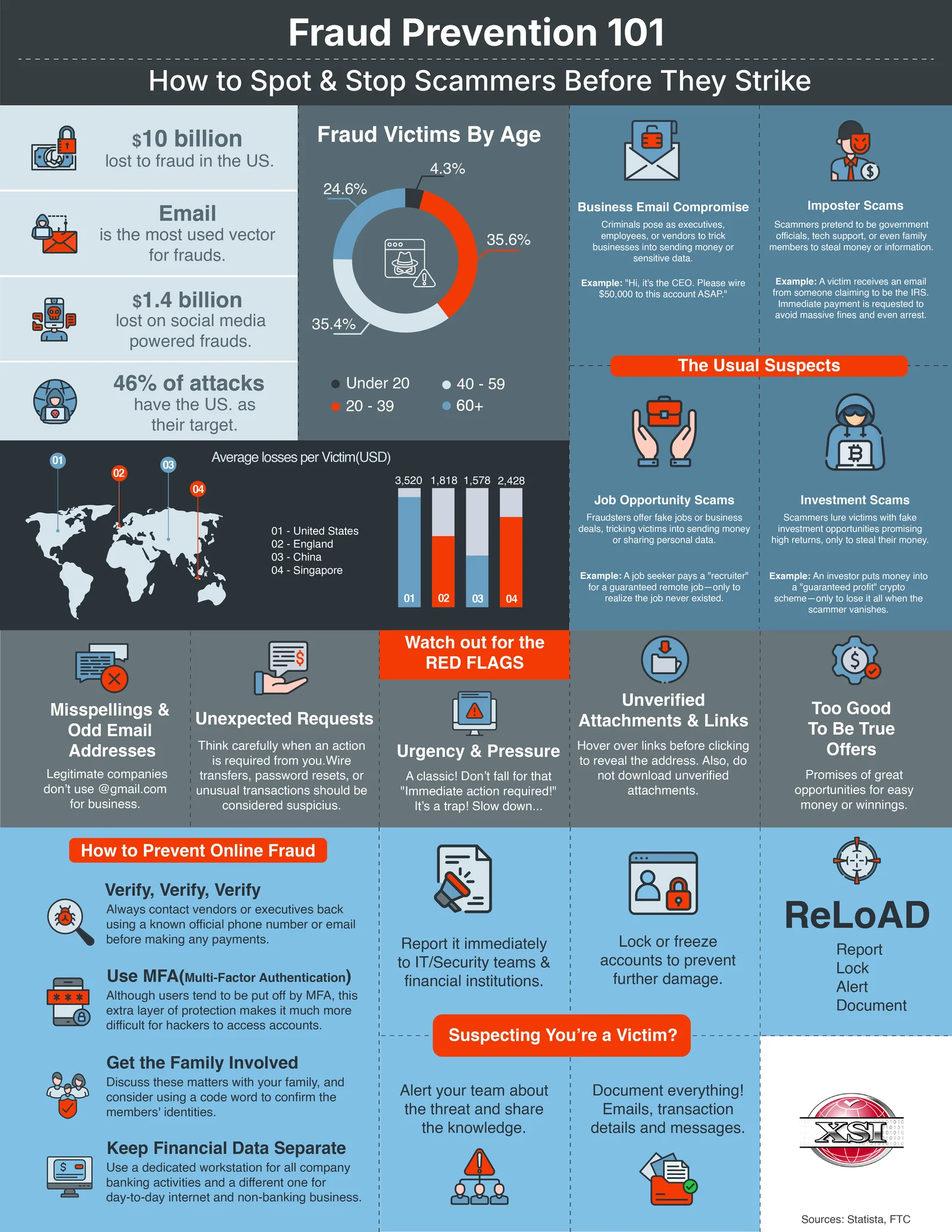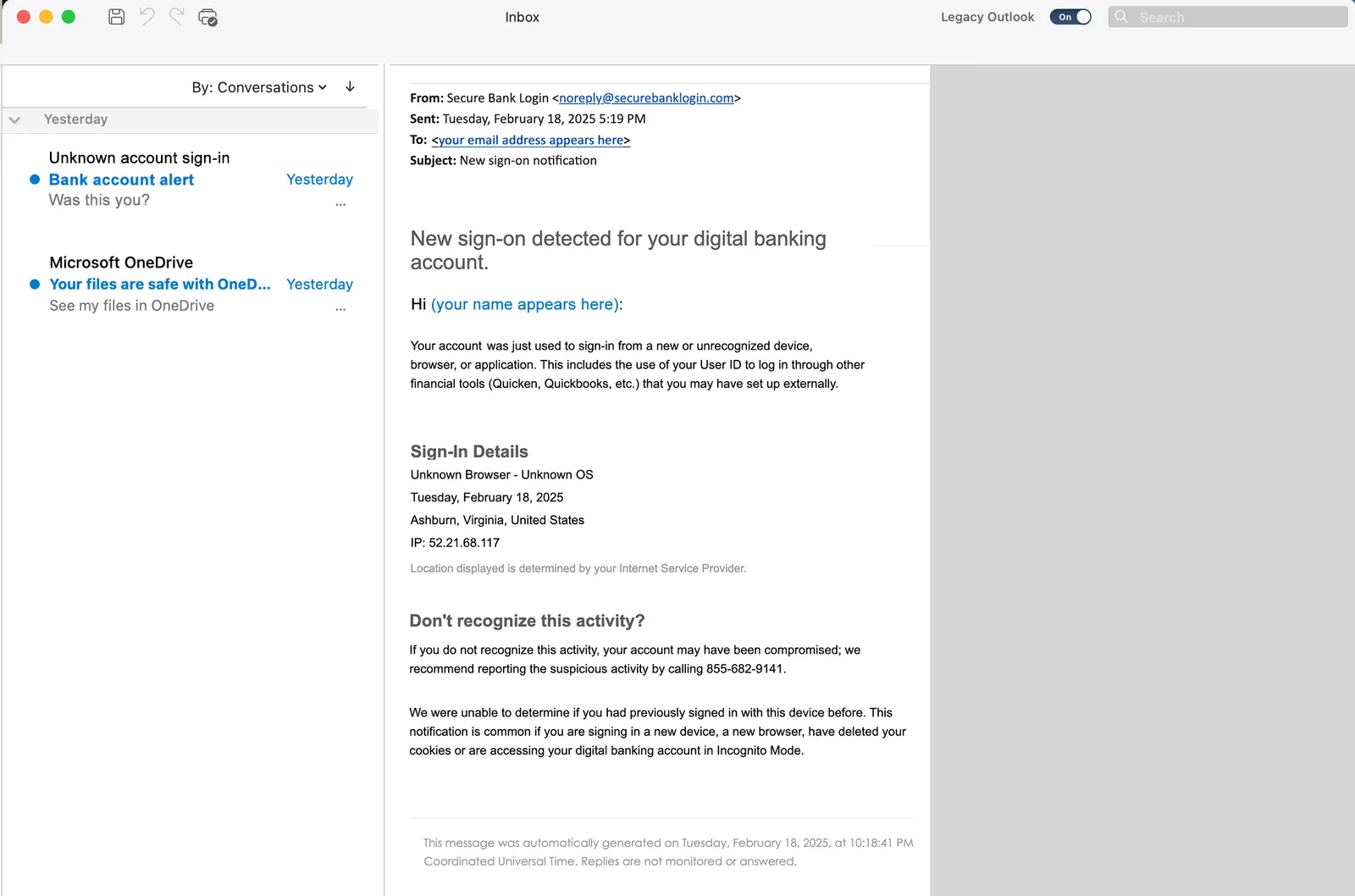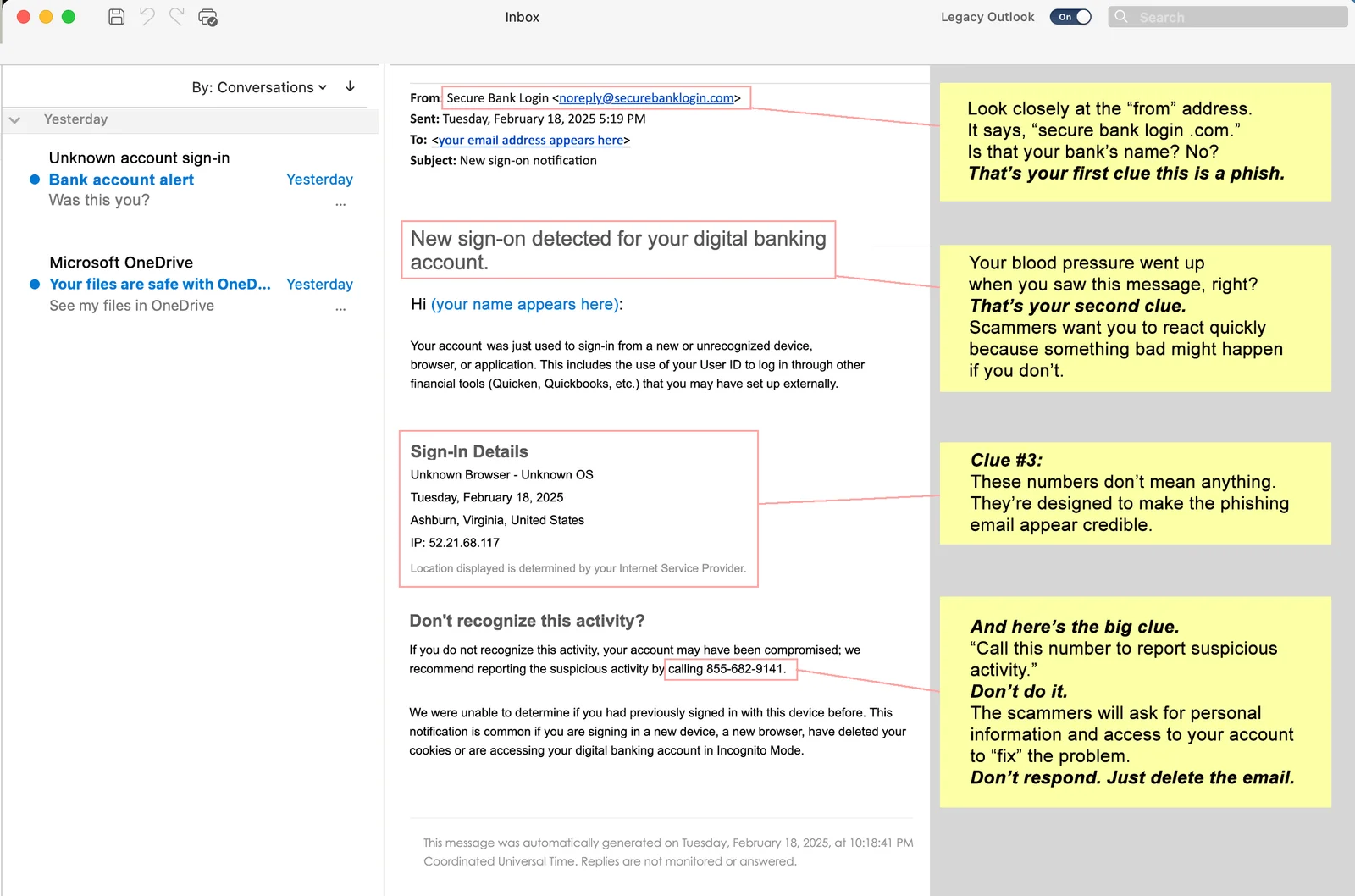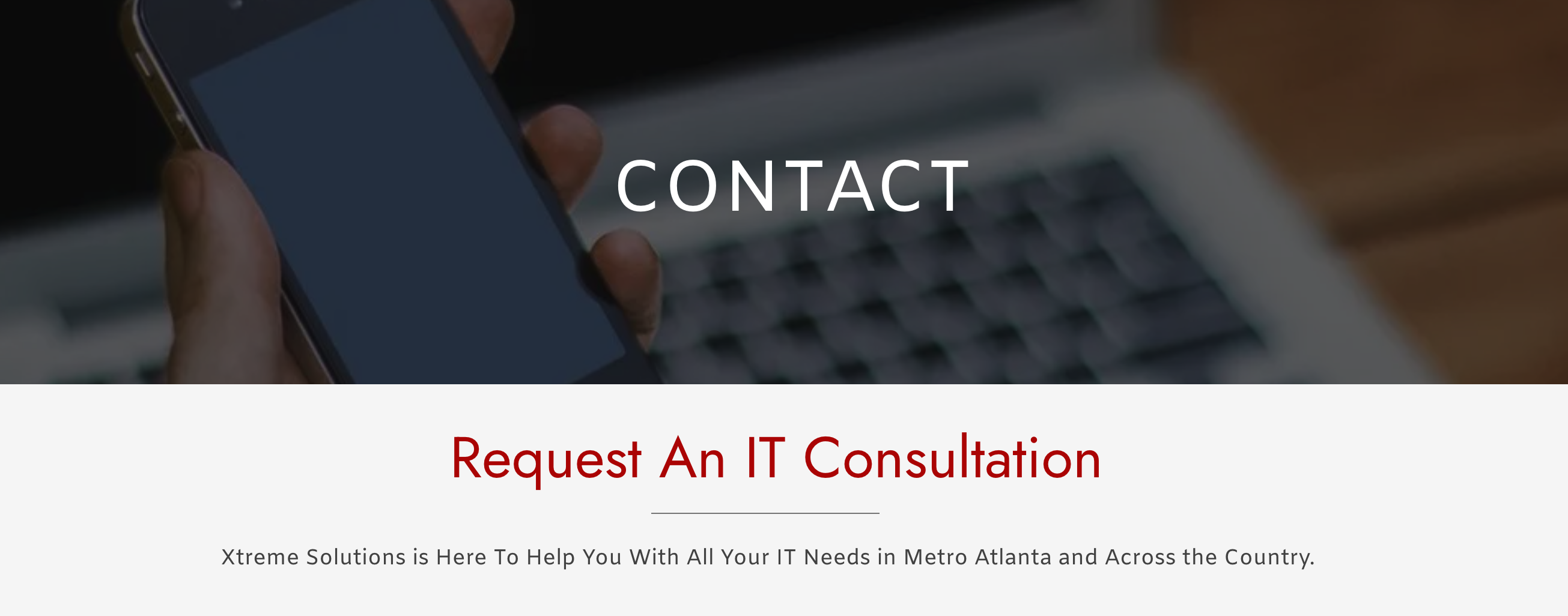


Phish of the Week
An email arrives claiming that someone tried to break into your bank account.
To fix it, you’re instructed to call a phone number. Should you?
Slide the red bar below from right to left to see why this is a scam.


Don’t respond. Don’t unsubscribe. Delete the email.
If you’re worried about your account, go to the bank’s website and login yourself.

Beware of AI-Generated
Celebrity Deepfakes






One more thing...

Answers to Your
Cybersecurity Questions
“I got a notification that an old email was found on the dark web with my password. I have long since closed that account and do not use that password for anything else. Is it okay to disregard the notice, or should I be worried? What about old phone numbers that we no longer have?”
— Tammy
Good for you for closing the account — not just deleting it from your computer. You’re in good shape. One thing: make sure the password you used on that old account wasn’t reused on other another account. If it is reused, log in and change it.
Which password manager program do you recommend?
— Carolyn B.
We are careful not to recommend specific products because what’s the best choice for one person might not be for someone else. The New York Times and CNET like 1Password and Bitwarden. TechRadar likes NordPass and Dashlane. They’re all secure. Some cost more than others and offer a range of features like VPNs and multi-factor authentication management.
My husband and I own our home outright. Can someone commit title fraud if our house is in a trust?
— Angela W.
Title fraud, where someone illegally transfers the ownership of a home to themselves and tries to sell or refinance it, occurs in less than 1% of all mortgage applications. Fraudsters typically target homes owned by individuals, as forging a single homeowner’s signature is easier than altering trust documents. A trust significantly reduces the risk of title fraud, but monitoring property records is still good. Keep your mortgage documents in a secure location and consider using a title lock service, which helps protect homeowners from title fraud by keeping an eye on property records.
Cyber cartoon © 2025 Cartoonstock | Original content © 2025 Aware Force LLC